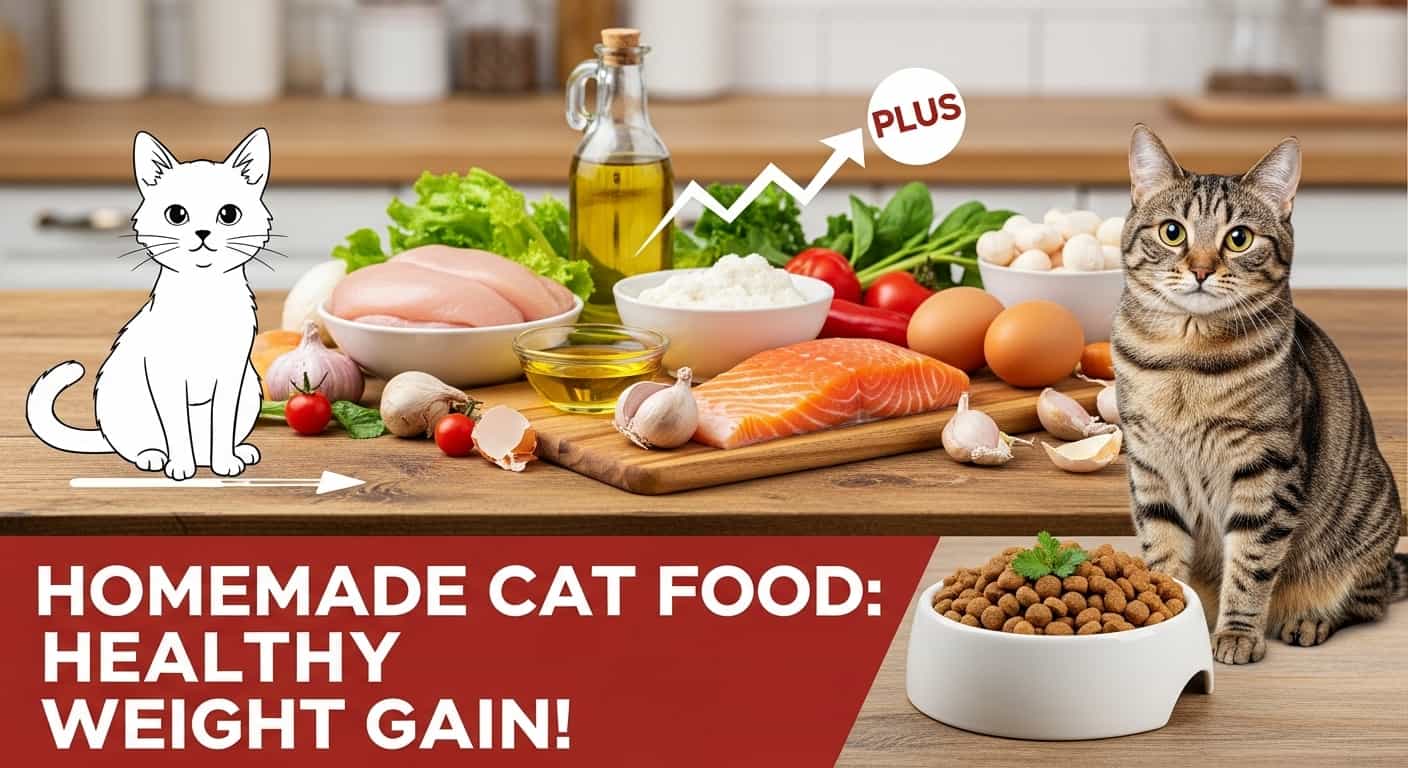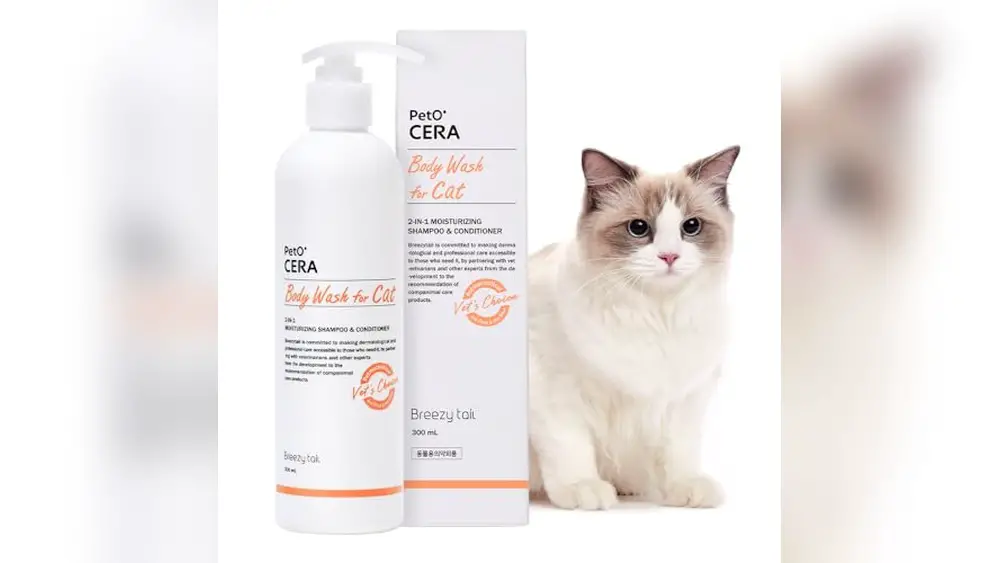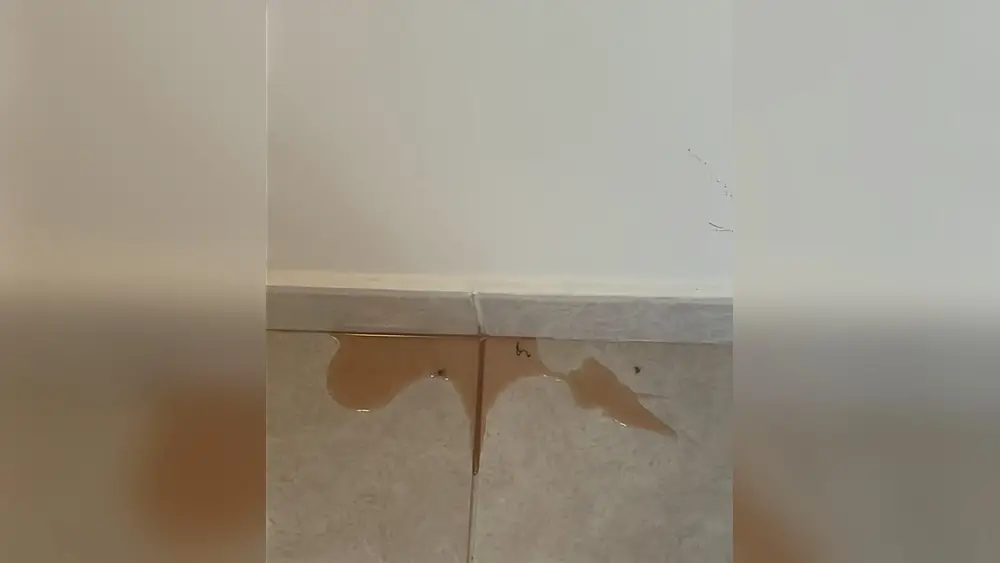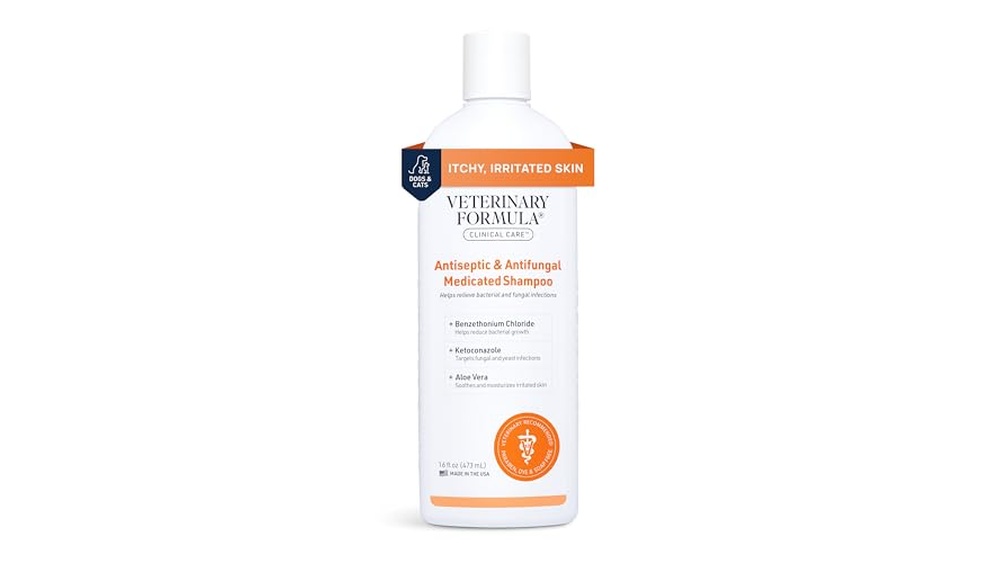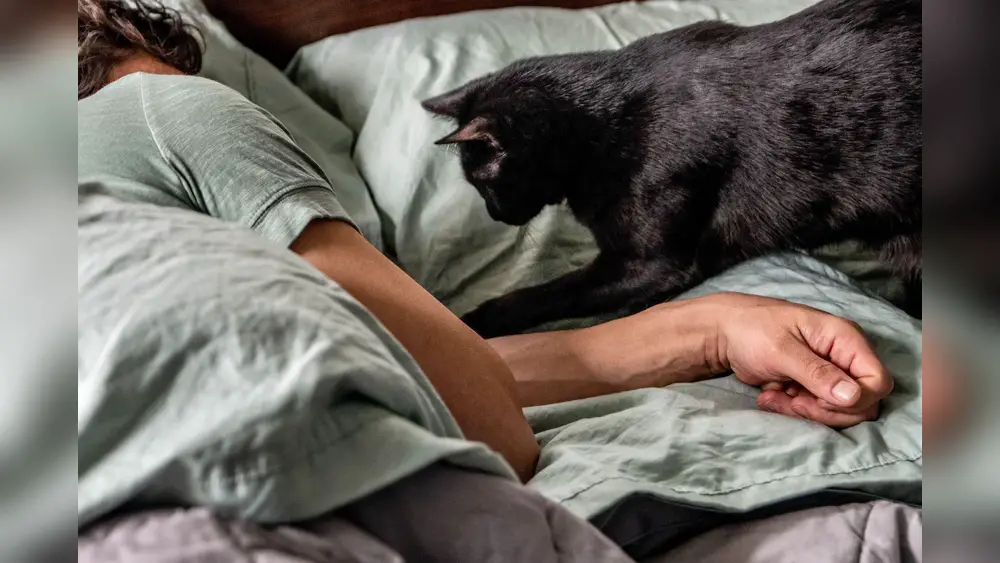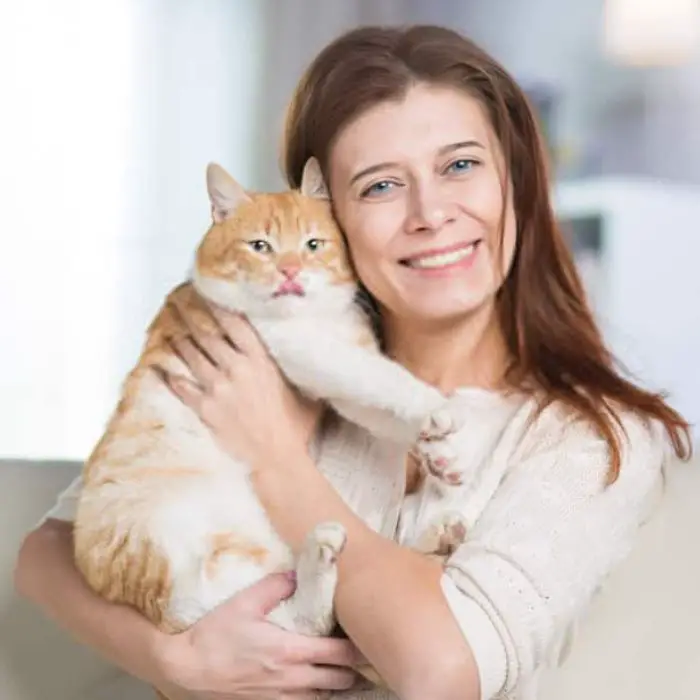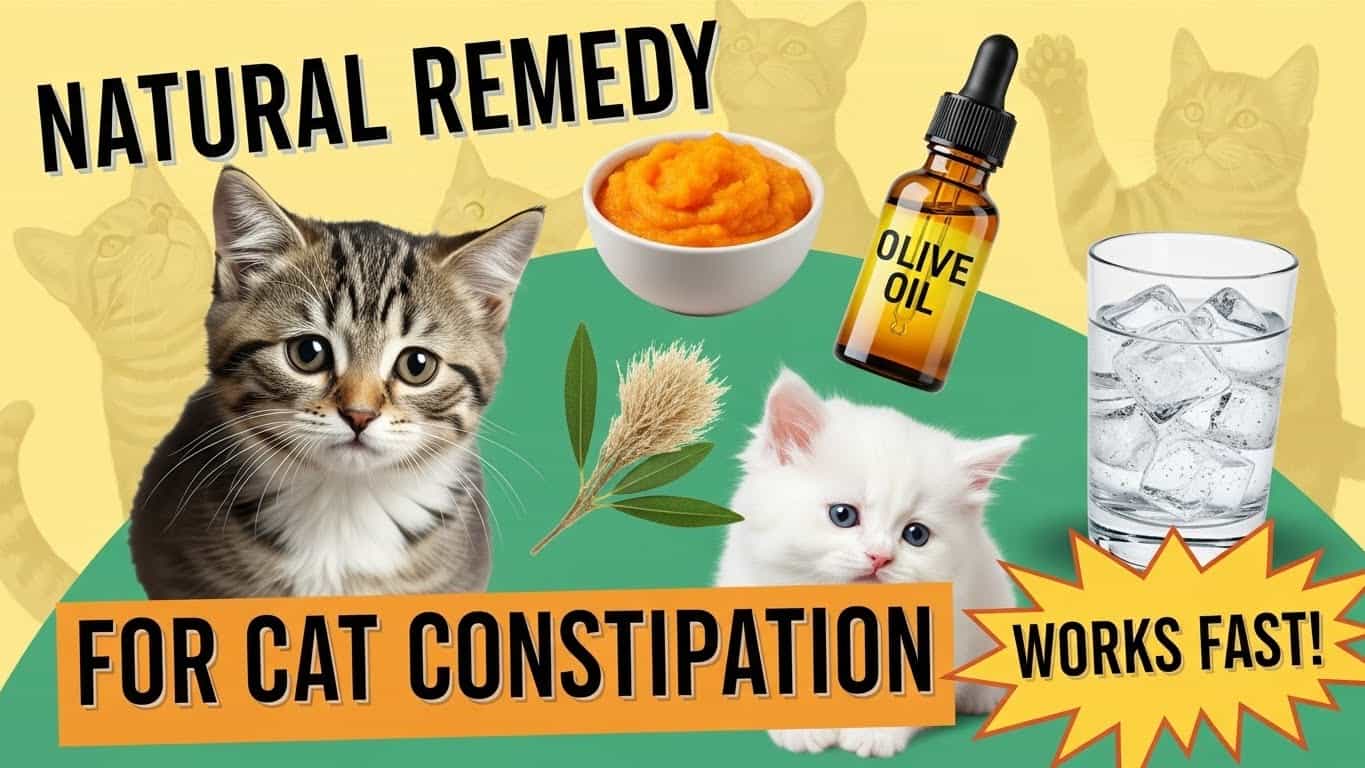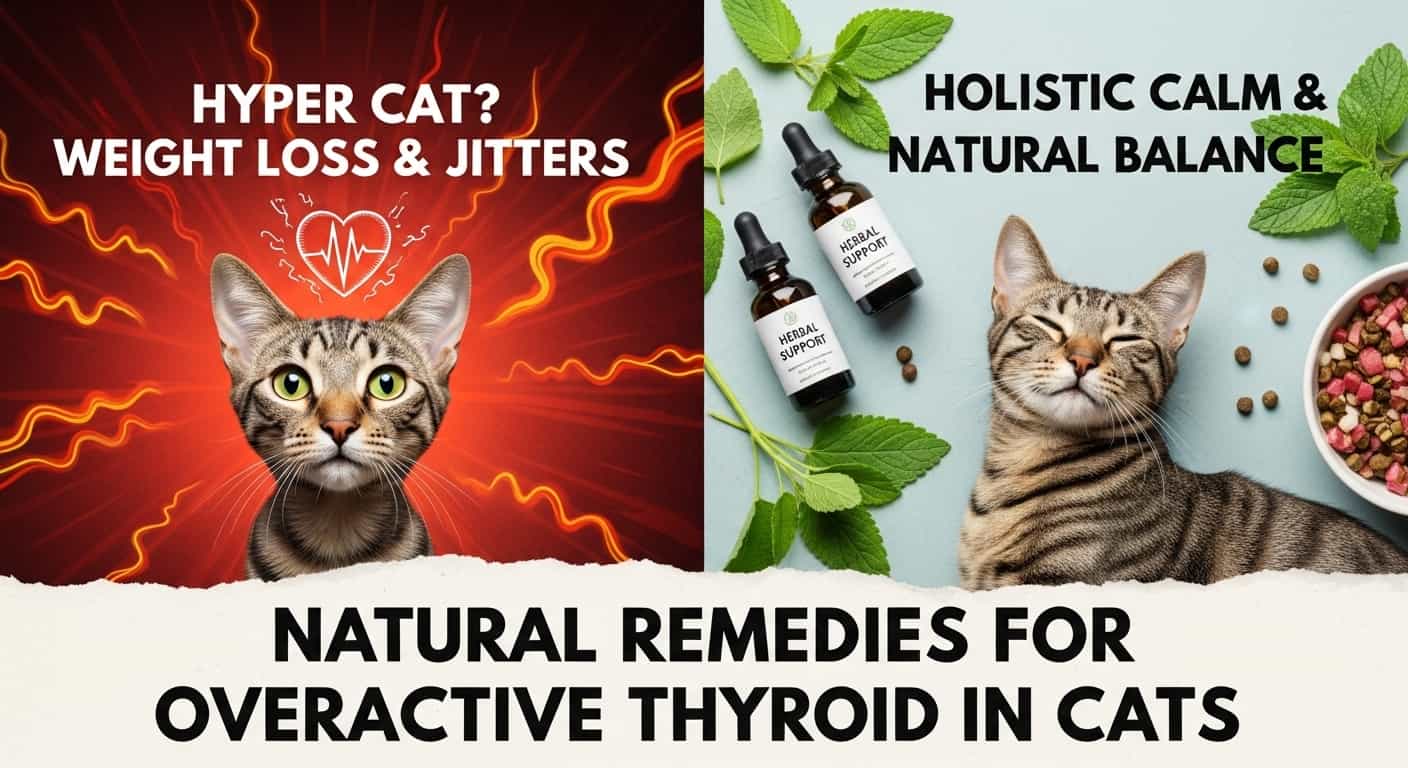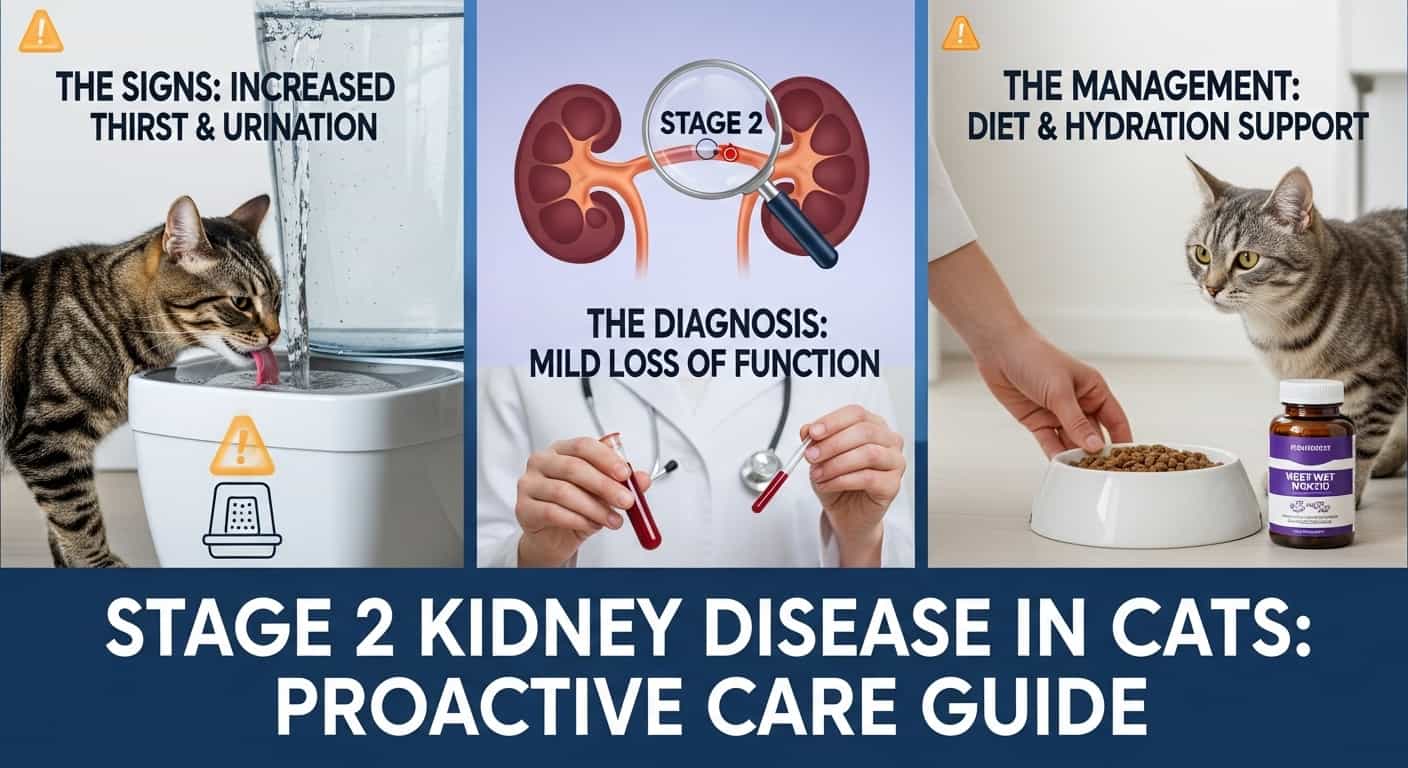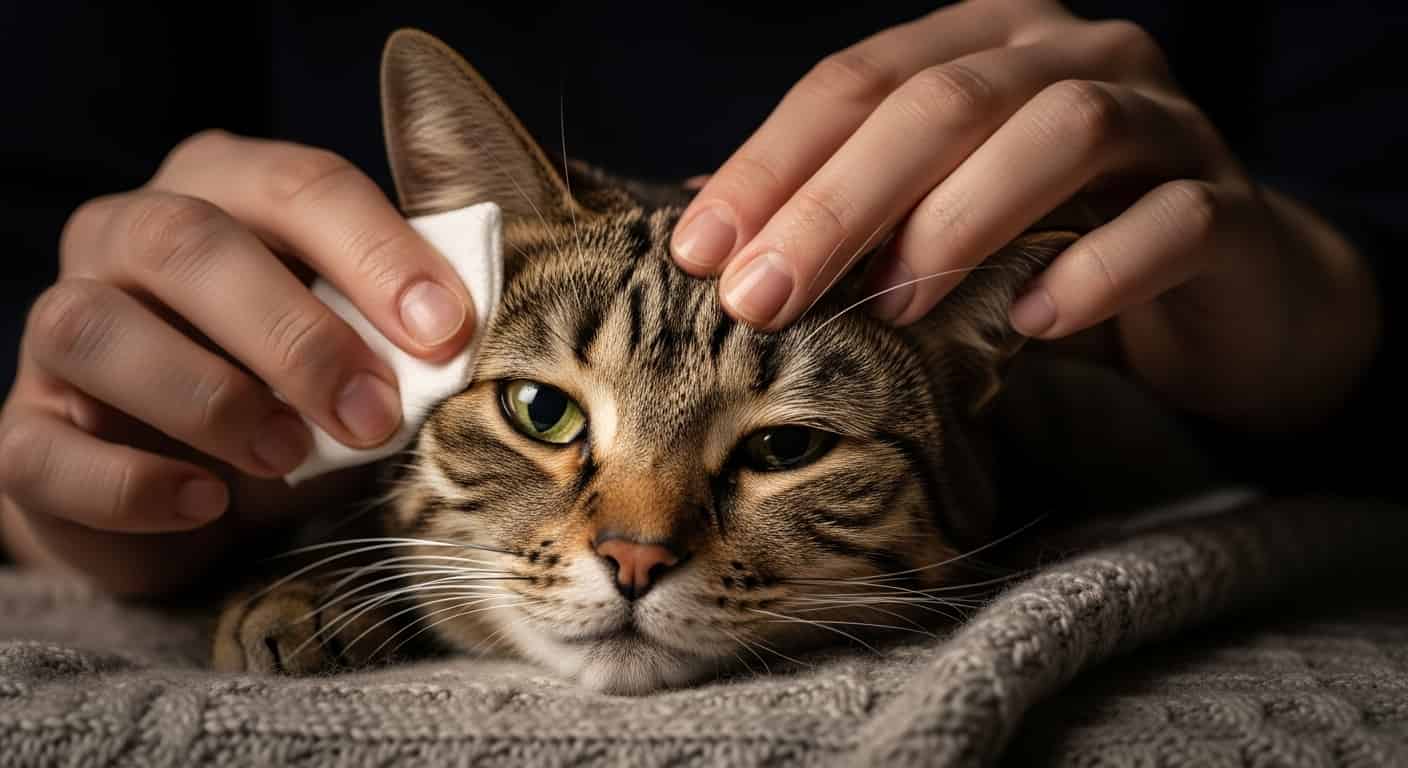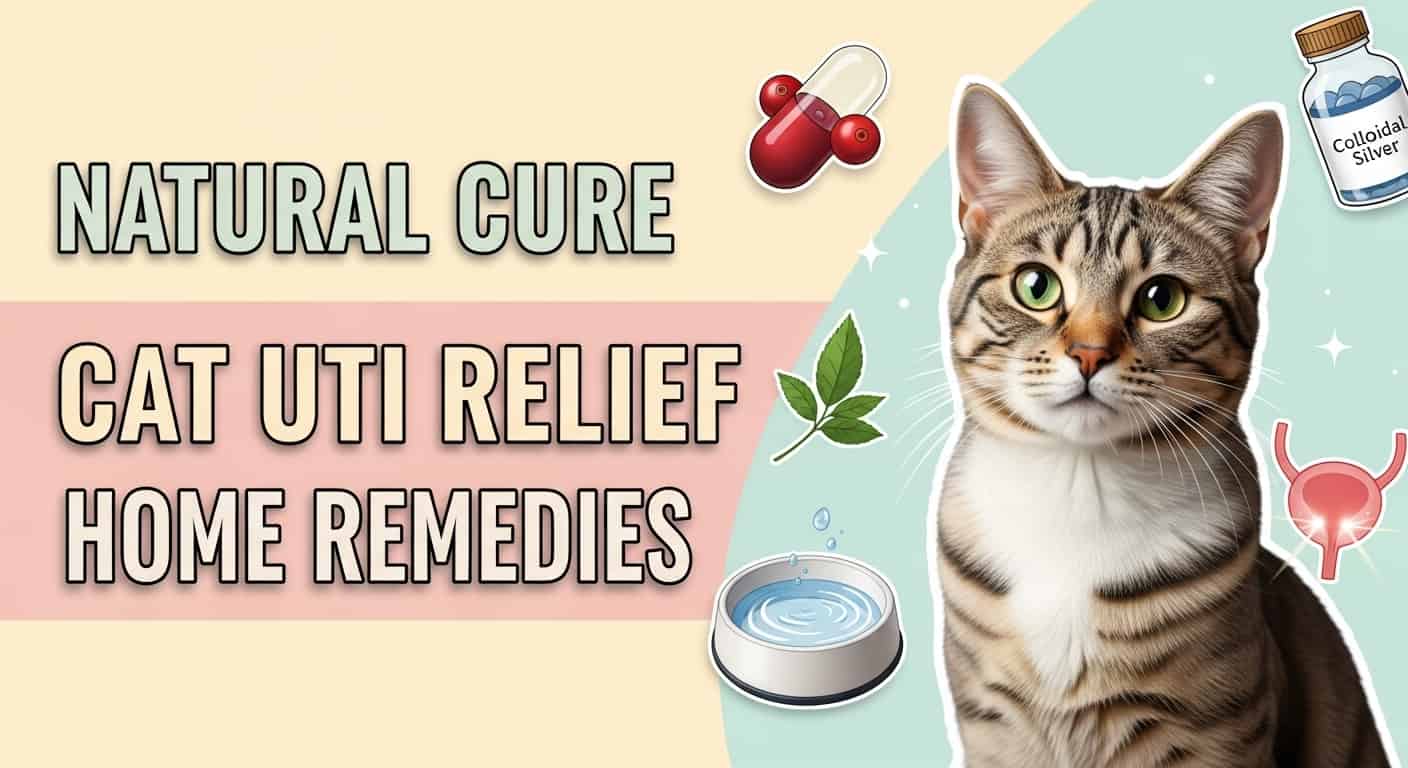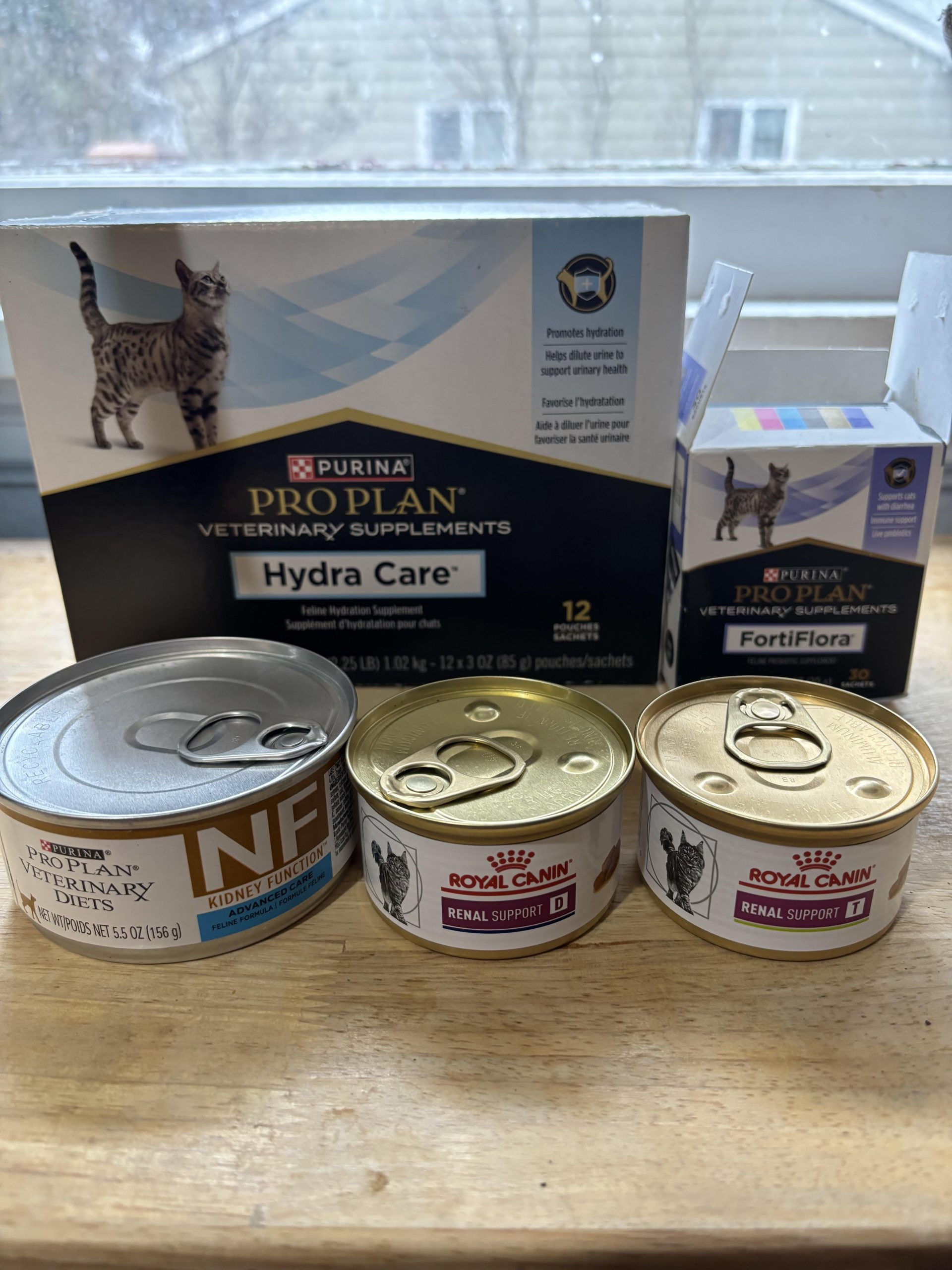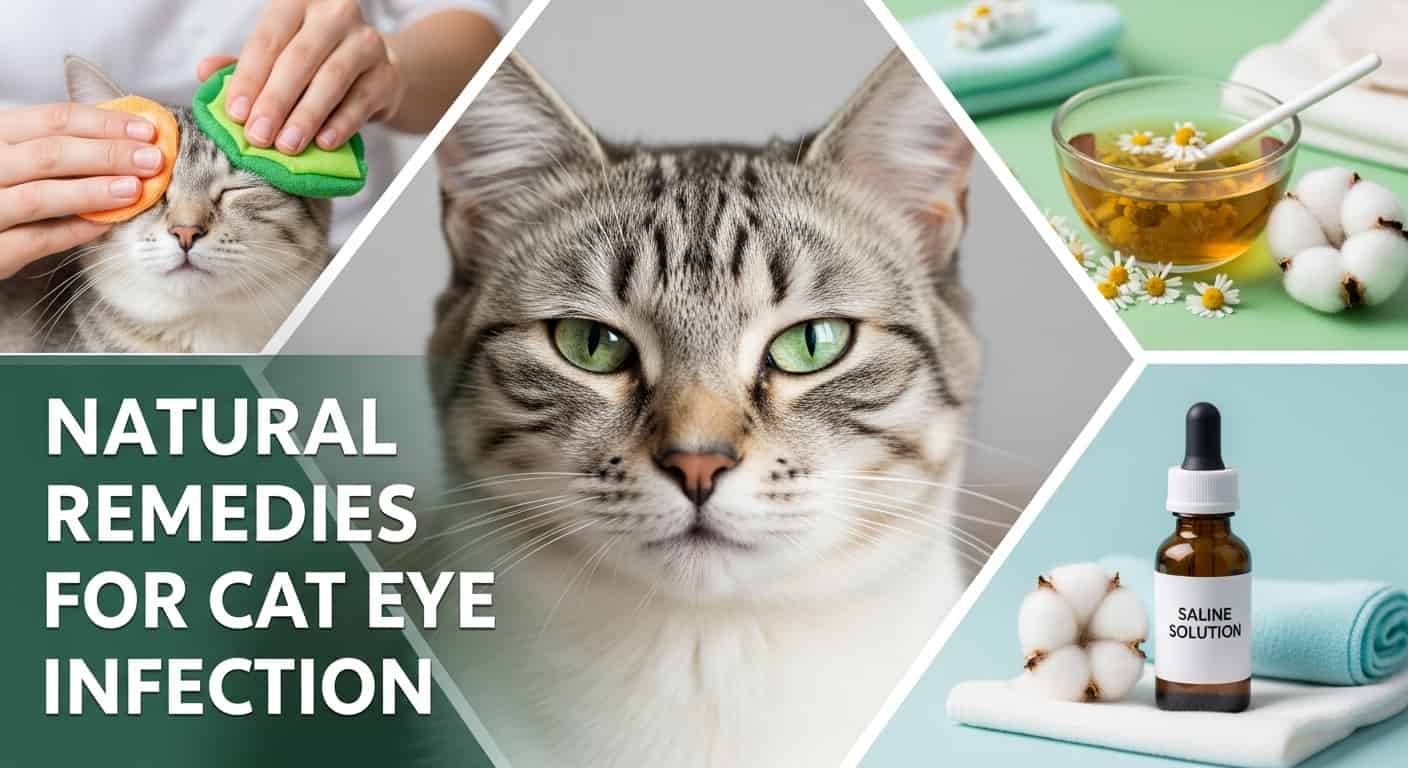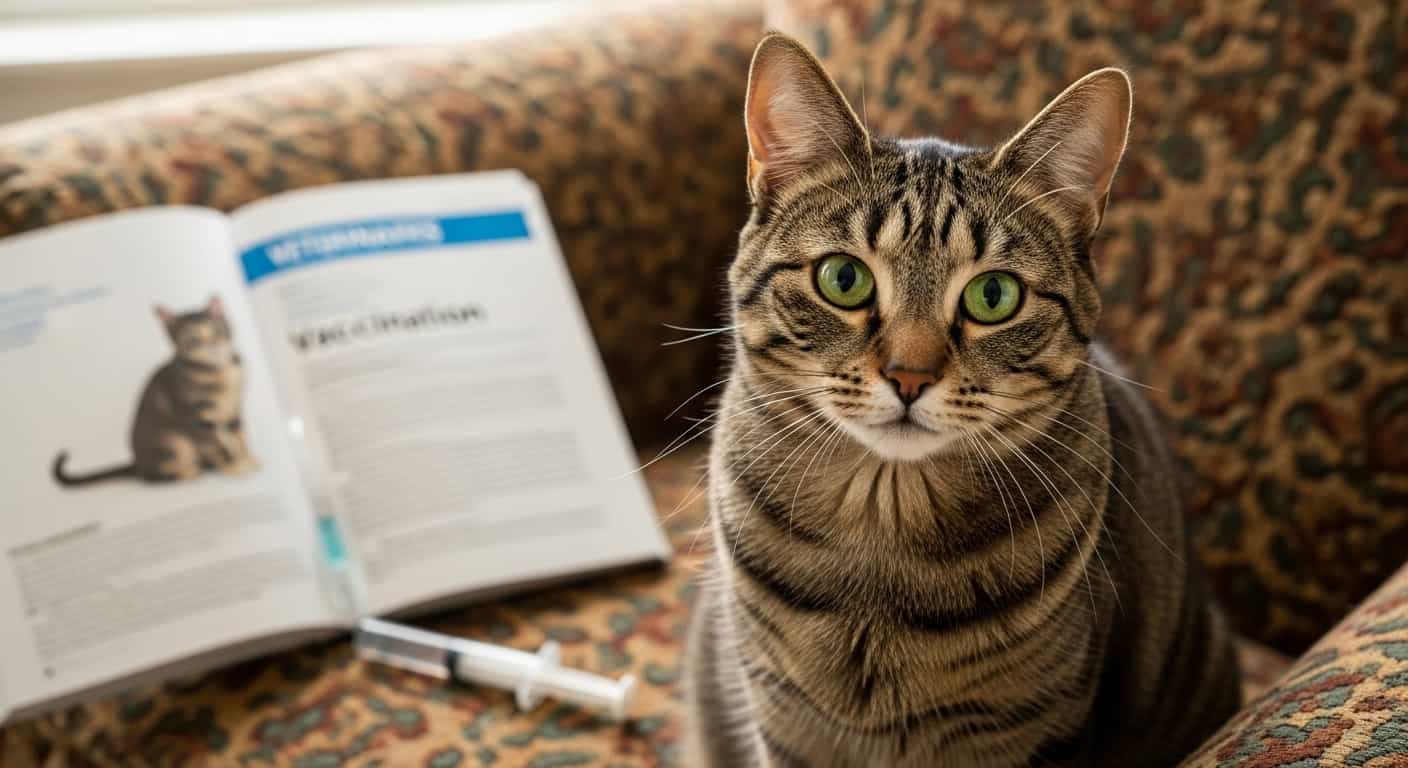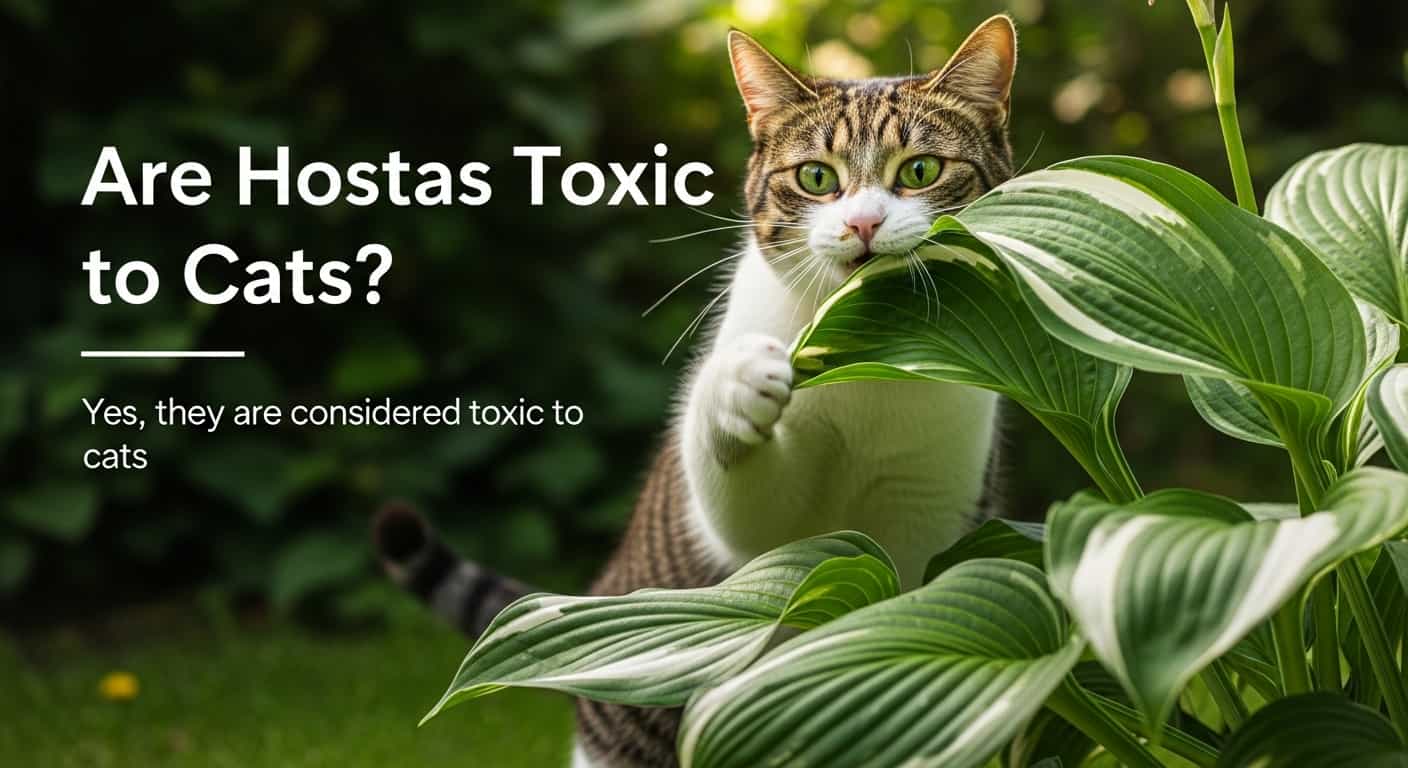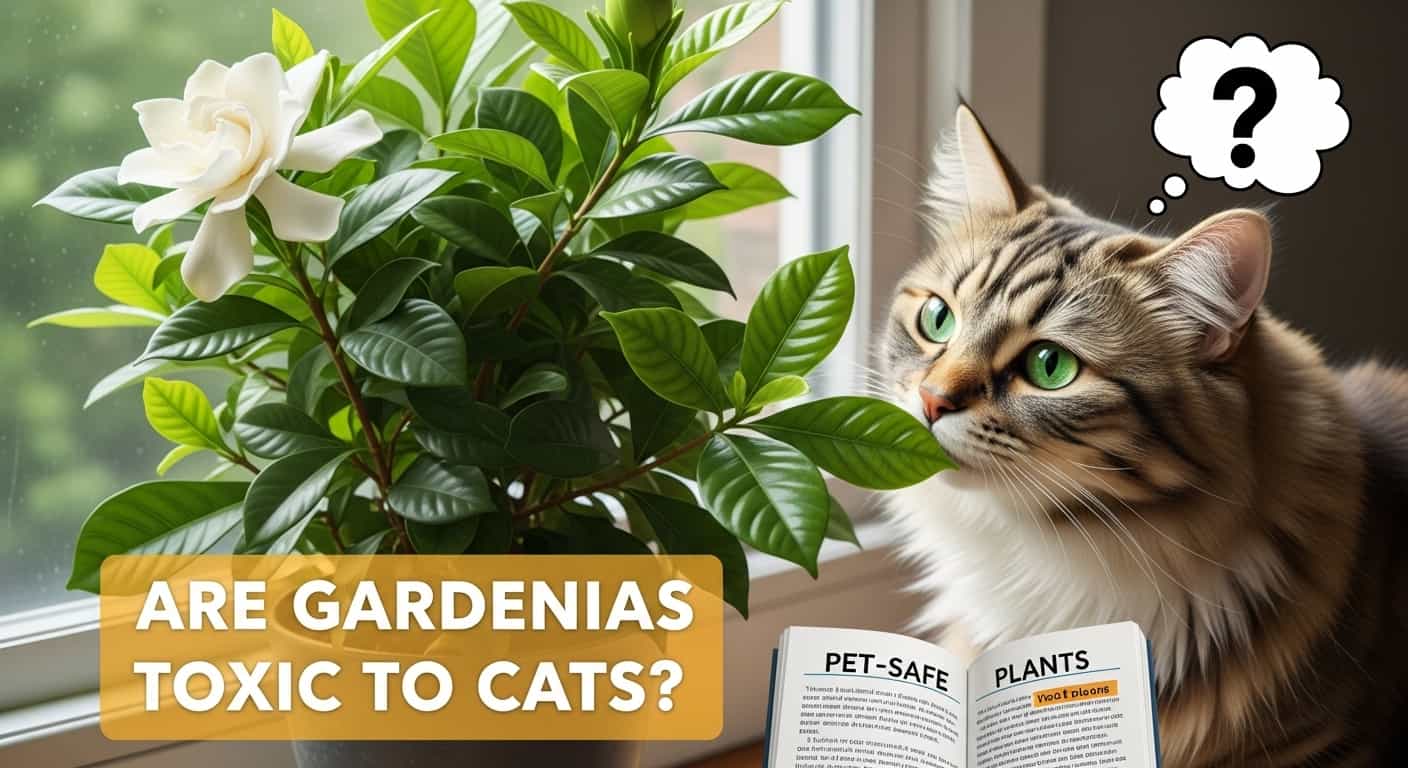Is your cat struggling to gain weight no matter what you try? You want your furry friend to be healthy and full of energy, but sometimes commercial cat food just doesn’t cut it.
Table of Contents
ToggleMaking homemade cat food to help your cat gain weight might be the solution you’ve been searching for. You’ll discover simple, effective recipes and tips that can make a real difference in your cat’s health. Keep reading to learn how you can take control of your cat’s nutrition and see the positive changes you both deserve.
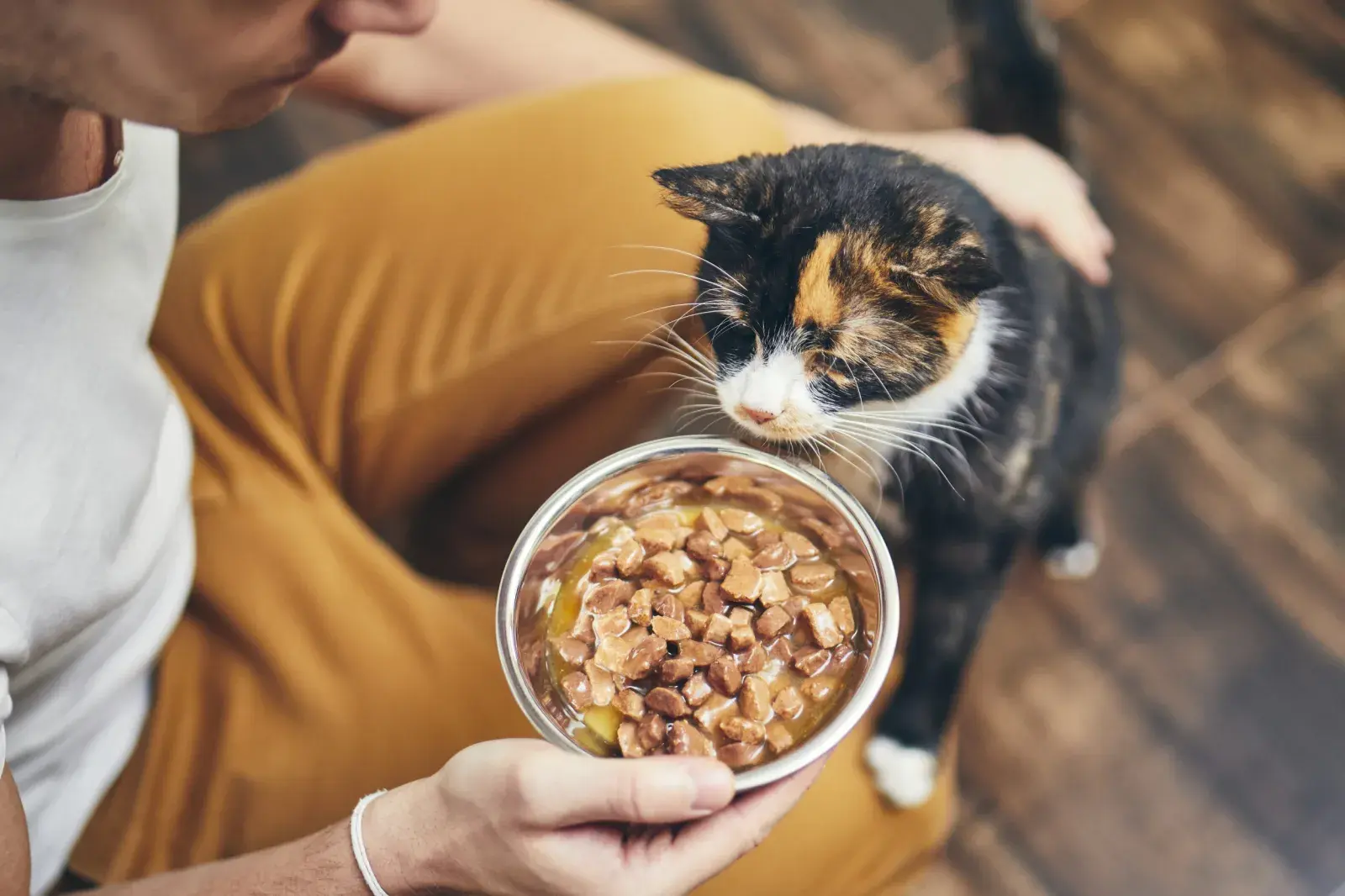
Credit: www.newsweek.com
Benefits Of Homemade Cat Food
Homemade cat food offers many benefits for cats needing to gain weight. It lets you control exactly what your cat eats. This helps ensure your cat gets the right nutrients. You can also avoid harmful ingredients found in some commercial foods. Making food at home allows you to tailor meals to your cat’s needs. This makes it easier to help your cat gain healthy weight safely.
Improved Nutrition Control
Making cat food at home gives you full control over nutrition. You decide the quality and quantity of each ingredient. This helps balance proteins, fats, and vitamins. Cats needing weight gain require higher calories and good nutrients. Homemade meals can meet these needs better than many store brands. You avoid fillers and low-quality ingredients often found in commercial foods.
Avoiding Harmful Additives
Many commercial cat foods contain preservatives and artificial additives. These can upset your cat’s stomach or harm its health. Homemade food uses fresh, natural ingredients with no chemicals. This reduces risks of allergies and digestive problems. Your cat eats clean food that supports overall health and weight gain.
Customizing For Weight Gain
Homemade recipes can be tailored to increase calories safely. You can add healthy fats like fish oil or chicken fat. Protein levels can be boosted with lean meats or eggs. This helps build muscle and improve energy. Custom meals let you adjust portion sizes and ingredients as your cat grows. It provides a flexible way to support steady weight gain.

Credit: www.bestlife4pets.com
Here's a related post that you might find useful. Cat Eating But Not Gaining Weight: Causes & Solutions Explained
Key Nutrients For Weight Gain
Gaining weight in cats needs special nutrients. These nutrients help build muscles and add healthy fat. Providing the right food helps your cat feel stronger and more active. Homemade cat food can give these key nutrients in the right amounts. Knowing what to include is very important.
High-quality Proteins
Proteins are the main building blocks for muscles. Cats need proteins from meat sources like chicken, turkey, or fish. These proteins help repair tissues and build new muscles. Using fresh, lean meat in homemade food supports healthy weight gain. Avoid low-quality protein sources that lack essential amino acids.
Healthy Fats
Fats provide energy and help cats gain weight fast. Healthy fats come from fish oil, chicken fat, or flaxseed oil. These fats support skin and coat health too. Including moderate amounts of fat in meals makes food tasty and calorie-rich. Avoid giving too much fat to prevent digestive problems.
Essential Vitamins And Minerals
Vitamins and minerals keep your cat’s body working well. Important ones include vitamin E, B vitamins, calcium, and zinc. These nutrients support the immune system and bone strength. Fresh vegetables and supplements can add these essentials to homemade food. Balanced vitamins and minerals help your cat grow strong and healthy.
Ingredients To Include
Choosing the right ingredients is key to making homemade cat food that helps your cat gain weight. Cats need a mix of proteins, fats, and some vitamins to stay healthy. Each ingredient should support weight gain and provide good nutrition.
Meat And Poultry Options
Meat is the main part of a cat’s diet. Use chicken, turkey, or lean beef. These meats are rich in protein and fat, which help your cat build muscle and gain weight. Make sure to cook the meat well to kill germs. Avoid bones and skin to keep the food safe.
Safe Vegetables And Grains
Cats need small amounts of vegetables and grains. Pumpkin, carrots, and peas are good choices. They add fiber and vitamins. Rice and oats are safe grains that provide energy. Keep these parts small because cats mainly need meat.
Here's a related post that you might find useful. Best Dry Food for Outdoor Cats: Top Nutritious Choices for Healthy Pets
Supplements For Extra Calories
Supplements add healthy fats and vitamins. Fish oil or salmon oil gives extra calories and omega-3s. A small amount of egg yolk adds protein and fat. Taurine is important for cat health and helps the heart and eyes. Use supplements carefully and in small amounts.
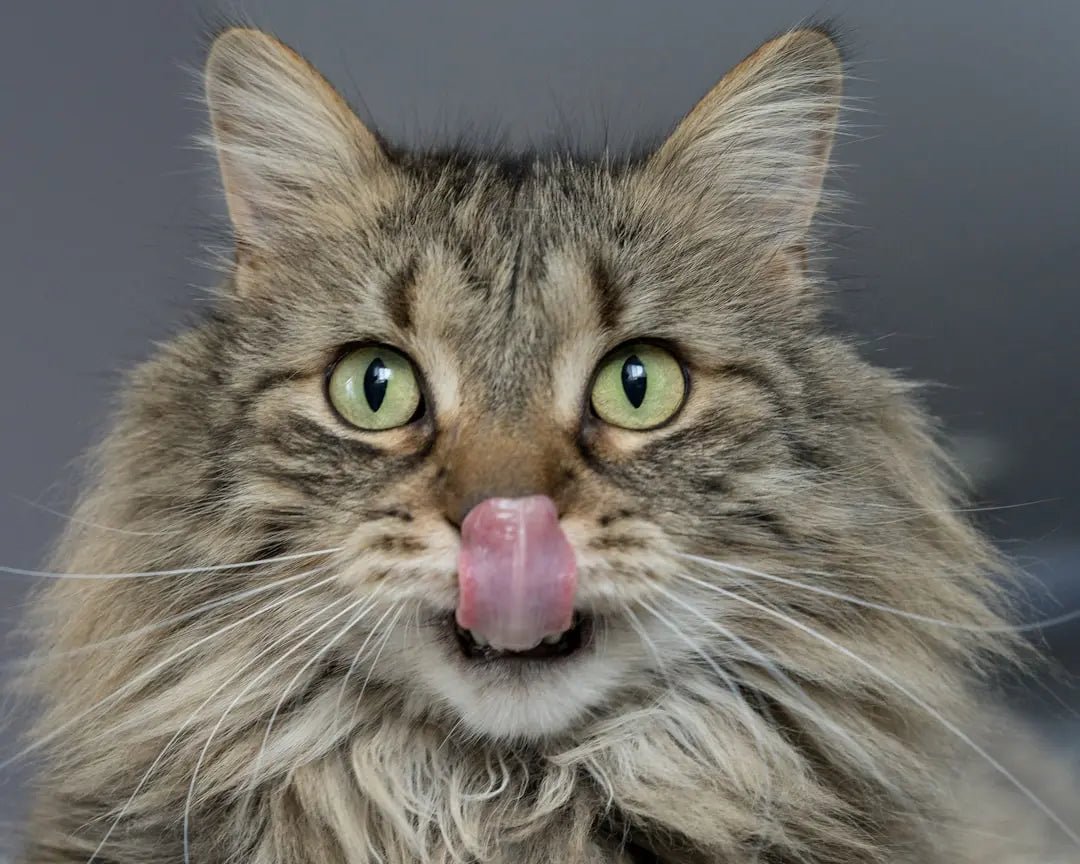
Credit: talis-us.com
Ingredients To Avoid
Choosing the right ingredients is key to helping your cat gain healthy weight. Some ingredients can harm your cat or stop weight gain. Avoiding these keeps your cat safe and strong.
Homemade cat food must be carefully balanced. Wrong ingredients can cause illness or poor nutrition. Here are the main types of ingredients to avoid.
Toxic Foods For Cats
Certain foods are toxic and dangerous for cats. Chocolate, onions, garlic, and grapes can cause serious health problems. Avoid all these completely.
Raw eggs and raw fish also pose risks. They may contain bacteria or enzymes that harm your cat. Cook these ingredients well or leave them out.
Excessive Carbohydrates
Cats are carnivores and need protein, not carbs. Too many carbohydrates can cause weight issues and poor digestion. Avoid grains like corn, wheat, and rice.
High carb foods fill your cat but do not help gain muscle. Focus on protein and fats for healthy weight gain.
Unbalanced Ingredients
Homemade food must have the right mix of nutrients. Too much fat or protein can harm kidneys or liver. Too little vitamins or minerals causes health problems.
Consult a vet or pet nutrition expert to balance your cat’s diet. Balanced food supports steady, healthy weight gain and strong health.
Easy Homemade Recipes
Making homemade cat food can help your cat gain healthy weight. These recipes use simple ingredients that provide good nutrition. Each meal is easy to prepare and tasty for your cat.
Try these easy homemade recipes to support your cat’s weight gain. They include protein, vitamins, and minerals your cat needs to grow strong.
Chicken And Rice Blend
Cook boneless chicken breast until fully done. Boil white rice until soft. Mix chicken and rice in a bowl. Add a small amount of chicken broth for moisture. This meal offers protein and energy for weight gain.
Salmon And Sweet Potato Mix
Bake or steam fresh salmon without seasoning. Peel and boil sweet potato until tender. Mash sweet potato and mix with flaked salmon. This mix contains healthy fats and fiber. It supports your cat’s digestion and weight gain.
Beef And Pumpkin Meal
Cook lean ground beef until no pink remains. Steam or boil pumpkin until soft. Combine beef with mashed pumpkin. Pumpkin adds fiber and vitamins. This meal helps your cat gain weight and stay healthy.
Feeding Tips For Weight Gain
Feeding your cat homemade food for weight gain requires some smart feeding tips. These tips help your cat eat more and gain healthy weight safely. Pay attention to how often and how much you feed. Also, find ways to make meals more appealing. Keep track of your cat’s weight to see progress and adjust feeding as needed.
Meal Frequency And Portion Sizes
Feed your cat smaller meals more often during the day. This helps cats digest food better and encourages eating. Try 3 to 4 meals daily instead of one or two big meals. Serve portions that are enough to satisfy but not overload. Gradually increase portion sizes as your cat gains weight. Avoid free feeding to control intake and prevent picky eating.
Encouraging Appetite
Warm the homemade food slightly before serving. Warm food smells stronger and attracts cats. Mix in tasty ingredients like cooked chicken or fish broth for flavor. Offer food in quiet, comfortable places. Change the food texture sometimes to keep interest. Avoid stress and distractions during meal times to help your cat focus on eating.
Monitoring Weight Progress
Weigh your cat once a week on the same scale. Track changes to see if your feeding plan works. Note any weight loss or no gain and adjust meals. Consult your vet if weight doesn’t improve or if your cat seems sick. Keeping a weight log helps you make smart feeding decisions over time.
Storage And Safety
Keeping homemade cat food safe and fresh is very important. Cats are sensitive to bad food, so storage and hygiene matter a lot. Proper care helps your cat stay healthy while gaining weight.
Proper Food Storage
Store homemade cat food in airtight containers. Use clean, sealed jars or plastic boxes. Keep the food in the fridge at 40°F (4°C) or below. Freeze extra portions to keep them fresh longer. Label containers with the date you made the food. Avoid storing food at room temperature for long. This prevents bacteria growth and spoilage.
Handling And Preparation Hygiene
Wash your hands before and after handling cat food. Clean all bowls, knives, and cutting boards well. Use separate utensils for raw meat and other ingredients. Avoid cross-contamination to keep food safe. Prepare food in a clean, dry area. Always check ingredients for freshness before cooking.
Shelf Life Of Homemade Meals
Homemade cat food lasts 2 to 3 days in the fridge. Frozen meals stay good for up to 2 weeks. Thaw frozen food in the fridge, not on the counter. Discard any leftovers left out longer than 2 hours. Watch for strange smells or colors. These signs mean the food has gone bad.
Frequently Asked Questions
What Ingredients Help Cats Gain Weight In Homemade Food?
High-protein ingredients like chicken, turkey, and eggs help cats gain weight. Adding healthy fats, such as fish oil or olive oil, boosts calories. Carbohydrates like cooked rice or sweet potatoes provide extra energy. Balanced vitamins and minerals ensure overall health during weight gain.
How Often Should I Feed Homemade Cat Food For Weight Gain?
Feed your cat homemade food 3 to 4 times daily in small portions. Frequent meals improve digestion and nutrient absorption. Consistent feeding supports steady weight gain and prevents overeating. Always monitor your cat’s appetite and adjust portions accordingly.
Can Homemade Cat Food Cause Digestive Issues?
Improperly balanced homemade cat food can cause digestive problems. Ensure recipes include essential nutrients and are free from harmful ingredients. Gradually introduce new foods to avoid upset stomach. Consult a vet for safe, balanced homemade diets to prevent digestive issues.
Is Homemade Food Better Than Commercial Cat Food For Weight Gain?
Homemade food allows control over quality and nutrients for weight gain. Commercial foods are convenient but may contain fillers and artificial additives. Homemade diets must be balanced to avoid deficiencies. Consult a vet to create the best plan for your cat’s weight.
Conclusion
Feeding your cat homemade food can help them gain weight safely. Use healthy ingredients rich in protein and fats. Always keep meals balanced and fresh. Watch your cat’s progress closely to adjust the diet. Consult a vet to ensure your cat stays healthy.
Homemade cat food shows care and helps your cat thrive. Small changes can make a big difference in their health. Try simple recipes and see how your cat responds. Your effort will help your cat feel stronger and happier.

